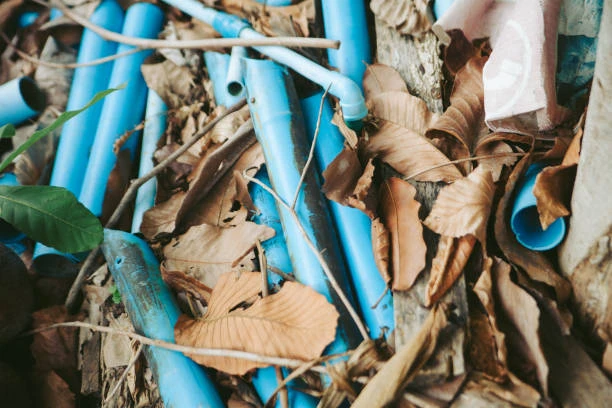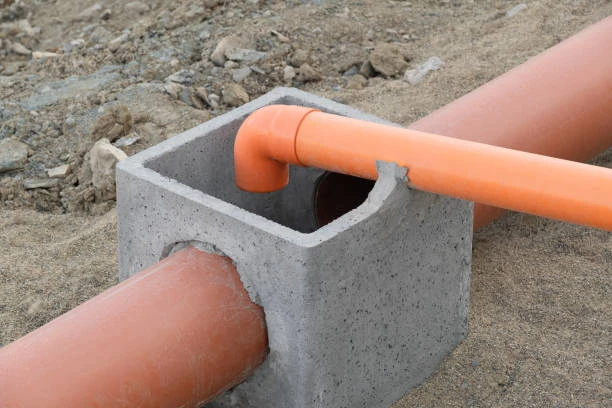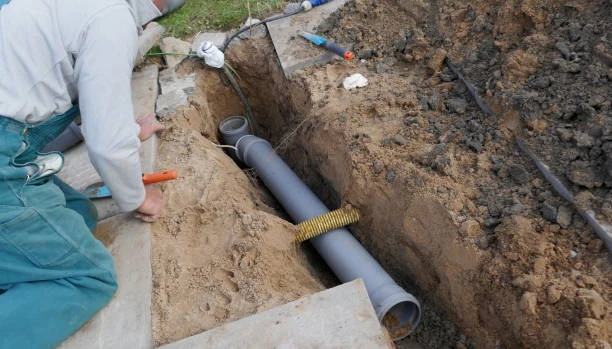Recent claims have emerged suggesting that PVC pipes pose significant risks for drinking water safety, causing concern among consumers and industry stakeholders alike. However, many pipe manufacturers, including those specializing in CPVC fittings, have swiftly refuted these claims, emphasizing the safety and reliability of their products. In this article, we will delve into the controversies surrounding PVC pipes, the advantages of CPVC fittings, and the broader implications for the plumbing industry.
Understanding PVC and CPVC Pipes
PVC Pipes
Polyvinyl chloride (PVC) pipes are widely used in construction and plumbing due to their strength, durability, and resistance to corrosion. They have been a staple in residential and commercial water systems for decades. However, concerns about the safety of PVC in contact with drinking water have surfaced, leading to heated debates within the industry.
CPVC Fittings
Chlorinated polyvinyl chloride (CPVC) fittings, on the other hand, are specially formulated to enhance the properties of standard PVC. CPVC is recognized for its ability to withstand higher temperatures and its superior chemical resistance, making it an excellent choice for hot and cold water applications, including potable water systems.
The Controversy: Are PVC Pipes Unsafe for Drinking Water?
A recent report claimed that PVC pipes could leach harmful chemicals into drinking water, raising alarms about their safety. This assertion has been met with backlash from pipe manufacturers, who argue that:
- Regulatory Compliance: PVC pipes used for drinking water applications must meet stringent standards set by organizations such as the American National Standards Institute (ANSI) and the National Sanitation Foundation (NSF). These regulations ensure that materials used in plumbing do not compromise water quality.
- Extensive Research: Numerous studies have shown that when properly manufactured and installed, PVC pipes do not leach harmful substances into water. Manufacturers point to decades of safe usage in municipal water systems as evidence of their reliability.
- Industry Standards: The plumbing industry has established rigorous testing and quality assurance measures to ensure that all materials, including PVC, comply with safety standards.
Why CPVC Fittings Are a Safe Alternative

While the debate over PVC continues, CPVC fittings present a compelling alternative for those concerned about drinking water safety. Here’s why CPVC fittings are an excellent choice:
- Superior Temperature Resistance: CPVC fittings can handle temperatures up to 200°F (93°C), making them ideal for hot water applications. This thermal resistance ensures that they maintain integrity and performance under varying conditions.
- Chemical Resistance: CPVC fittings are resistant to a wide range of chemicals, which enhances their safety in diverse plumbing applications. This resistance minimizes the risk of leaching harmful substances into drinking water.
- Regulatory Approval: CPVC fittings are widely recognized and approved for use in potable water systems. They adhere to the same strict regulations that govern other plumbing materials, ensuring their safety for consumers.
- Longevity and Durability: CPVC fittings have a long lifespan, which reduces the need for frequent replacements. This durability not only saves costs but also minimizes environmental impact.
Industry Response to PVC Safety Concerns
Following the claims regarding PVC pipes, industry organizations and manufacturers have taken proactive steps to address public concerns:
1. Transparency and Education
Manufacturers are prioritizing transparency by sharing research and data that support the safety of PVC pipes. Educational campaigns aimed at informing consumers about the rigorous testing and compliance processes are also underway.
2. Emphasizing CPVC Solutions
Many manufacturers are expanding their product lines to include CPVC fittings, promoting them as a reliable and safe alternative for drinking water applications. This shift reflects a growing awareness of consumer concerns and a commitment to providing high-quality plumbing solutions.
3. Collaboration with Regulatory Bodies
Pipe manufacturers are working closely with regulatory bodies to ensure that all materials used in plumbing systems meet the highest safety standards. Ongoing research and development efforts aim to continuously improve product safety and performance.
The Future of Plumbing Materials
As the debate over the safety of PVC pipes continues, the plumbing industry is evolving to meet consumer demands for safer, more reliable materials. The focus on CPVC fittings is likely to grow, driven by:
- Sustainability Initiatives: With increasing emphasis on sustainability, manufacturers are exploring eco-friendly materials and practices, which may bolster the appeal of CPVC fittings.
- Technological Advancements: Innovations in manufacturing processes are enhancing the performance and safety of plumbing materials, including CPVC.
- Consumer Preferences: As consumers become more informed about their choices, there is a growing preference for materials that prioritize safety and environmental impact.
Conclusion
While concerns about the safety of PVC pipes in drinking water applications have sparked controversy, the plumbing industry remains committed to providing safe and reliable solutions. CPVC fittings, with their superior performance and regulatory approval, offer a promising alternative for consumers seeking peace of mind. As manufacturers continue to innovate and educate the public, the future of plumbing materials looks brighter than ever.

FAQs
1. Are PVC pipes safe for drinking water?
When manufactured and installed according to industry standards, PVC pipes are considered safe for drinking water.
2. What are CPVC fittings used for?
CPVC fittings are used in plumbing systems for both hot and cold water applications, including drinking water supply.
3. How do CPVC fittings differ from PVC fittings?
CPVC fittings can withstand higher temperatures and offer better chemical resistance compared to standard PVC fittings.
4. Are CPVC fittings approved for potable water?
Yes, CPVC fittings are widely approved for use in potable water systems and comply with relevant safety standards.
5. What should I do if I have concerns about my plumbing materials?
Consult a licensed plumber or contact your local water authority to discuss any concerns regarding your plumbing materials and their safety.
















